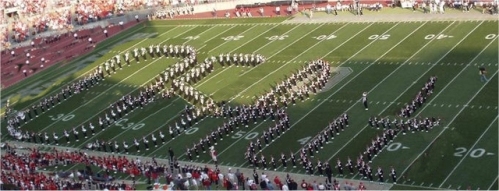
For many years now, I’ve likened the July 4th holiday weekend to “halftime.” After all, it’s the halfway point in the year. By now, we have a pretty good idea of what we signed up for in 2022.
And by all estimates, it’s been a tough one.
A war. Rampant inflation and the prospects of an impending economic downturn. Mass shootings pretty much every week. Climate crises. The dysfunctional airlines. Supply chain shortages. The stock market’s getting hammered. There’s even more paralysis and division in D.C. And a landscape where we’re stressed out by a very uncertain future.
It couldn’t be much worse, right?
Actually, it could. Maybe you’ve forgotten where things were at exactly two years ago at precisely this same time. That’s what I discovered when I ran across my pre-July 4th blog post from 2020 – roughly 100 days after the COVID outbreak.
I’ve made a few context edits, but it reads exactly the way it was written heading into Independence Day 2020. It WAS a whole lot worse, with little hope on the horizon things would turn around anytime soon.
So this year, do all the things you couldn’t do in 2020: go to a barbeque, take in a baseball game, or go to the beach. And hug your kids, your grandkids, your parents, and your partner. Because just two years ago, we couldn’t do much of that. We have a lot to be thankful for – our freedom, living in a democracy, and the ability to make the most of our lives. Happy 4th of July weekend. – FJ
July 1, 2020
It’s halftime, the marching band has taken the field, and soon we’ll witness the second half of 2020, a year we’d all sooner forget.
Wait…what’s that the band is spelling out on the field? (Yes, it’s gotten so bad this first six months of the year that a true blue Michigan fan would stoop to using a photo of that band in Ohio to make my point.)
That’s the kind of year it’s been for most of us, our families, our businesses, our country, and our world.
Just a few weeks ago, conventional wisdom (OK, maybe it was just hope) suggested we’d get the summer off from the virus, as warmer weather swept across the U.S.
Events of the past several days, however, suggest that’s not going to be the case. The pandemic has spiked in many states, but especially in those with the hottest climes – Arizona, Texas, Florida, and California among them.
So, what’s the forecast for the rest of this year? How do we make the best of a very bad situation? How do we control the controllables – that is, the things we can actually do something about?
Throughout my career, my philosophy is that we all wake up every morning, look at those cards on our nightstand, and play them the best way we possibly can.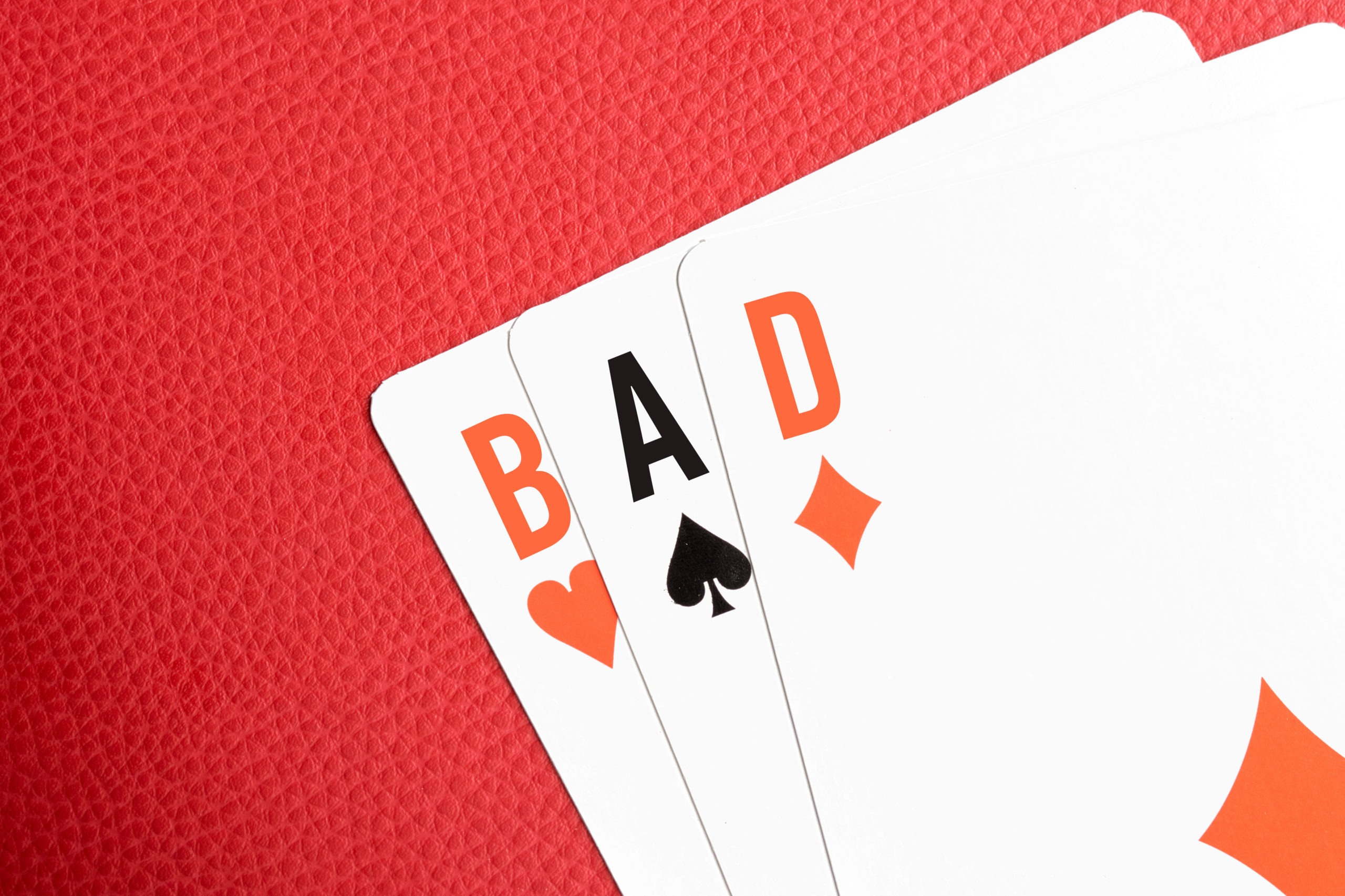 There are the great days when everything comes up aces. And then there are those mornings when we’re dealt a truly bad hand – and we have no choice but to find a way to make them work.
There are the great days when everything comes up aces. And then there are those mornings when we’re dealt a truly bad hand – and we have no choice but to find a way to make them work.
To a great degree, that’s been the story of 2020 these first six months. As we head into the July 4th weekend, most of us are scratching our collective heads, wondering what’s going to be? None of us expected to be dealing with this reality for an extended period of time.
But here we are.
To use another of my lame sports analogies, the truly great coaches find a way to regroup in the locker room at halftime, make the necessary adjustments, and come out firing on all cylinders in the second half with an effective new scheme.
No, we shouldn’t expect miracles, but if we play those cards right, we can make the best of a very serious situation.
We’ve conducted two COVID-19 studies among core radio listeners for commercial, public, and Christian music radio during the past few months, one in early April, the other in mid-May. Their goal was to help radio broadcasters better understand the audience’s mindset, their media usage patterns, and their shopping and commerce activities since the virus attacked us. These studies are available here.
As radio veterans know, however, research is only as good as what we end up doing with it. How does it impact our competitive and brand strategies? How can we translate the opinions and attitudes of our audience into actions, and even innovations? How does the research inform our thinking and our action steps?
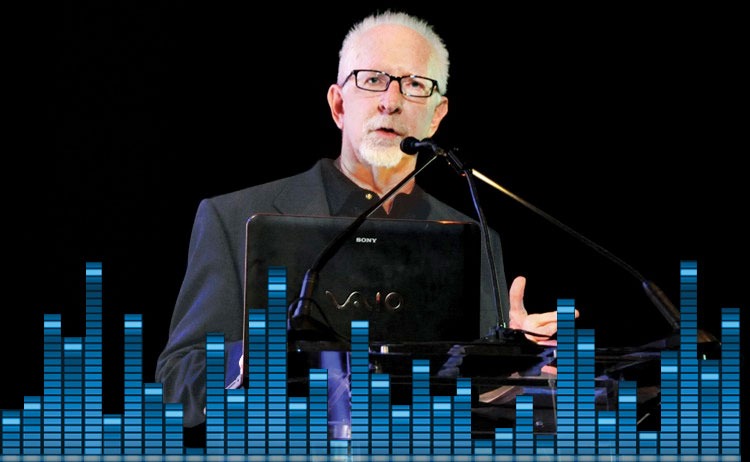 Research isn’t going to solve our existential problems, although it can help us better understand them. Like those of us who have been fortunate enough to enjoy success in radio, we’re going to have to program our way out of this mess.
Research isn’t going to solve our existential problems, although it can help us better understand them. Like those of us who have been fortunate enough to enjoy success in radio, we’re going to have to program our way out of this mess.
Today’s post is a good place to start, a topic I’ve got some experience with – content creation. And to be specific, special programming.
Since the advent of PPM, there’s been a marked change in the way larger market music stations have drawn up and executed their plans. Many of the special programs, features, and stunts that used to be integral parts of most station schedules eventually were dropped or cancelled.
A few things may have been at work here. First, there was the industry-wide theory that talk and programming that departs from the core sound would be punished severely by panelists carrying meters.
As I’ve averred a number of times in our blog, I believe Arbitron may have overplayed this hand in the early months of PPM, leaving an imprint of conservative, safe, predictable programming in its wake.
It’s always been a smart strategy to “play the hits,” whether you’ve got a 50,000 watt radio station, you’re a club DJ, or you’re providing the soundtrack at a wedding or Bar Mitzvah.
But a surprise now and then, an “oh wow” moment, a well-timed twist or turn can be an effective way to keep an audience engaged, surprised, and 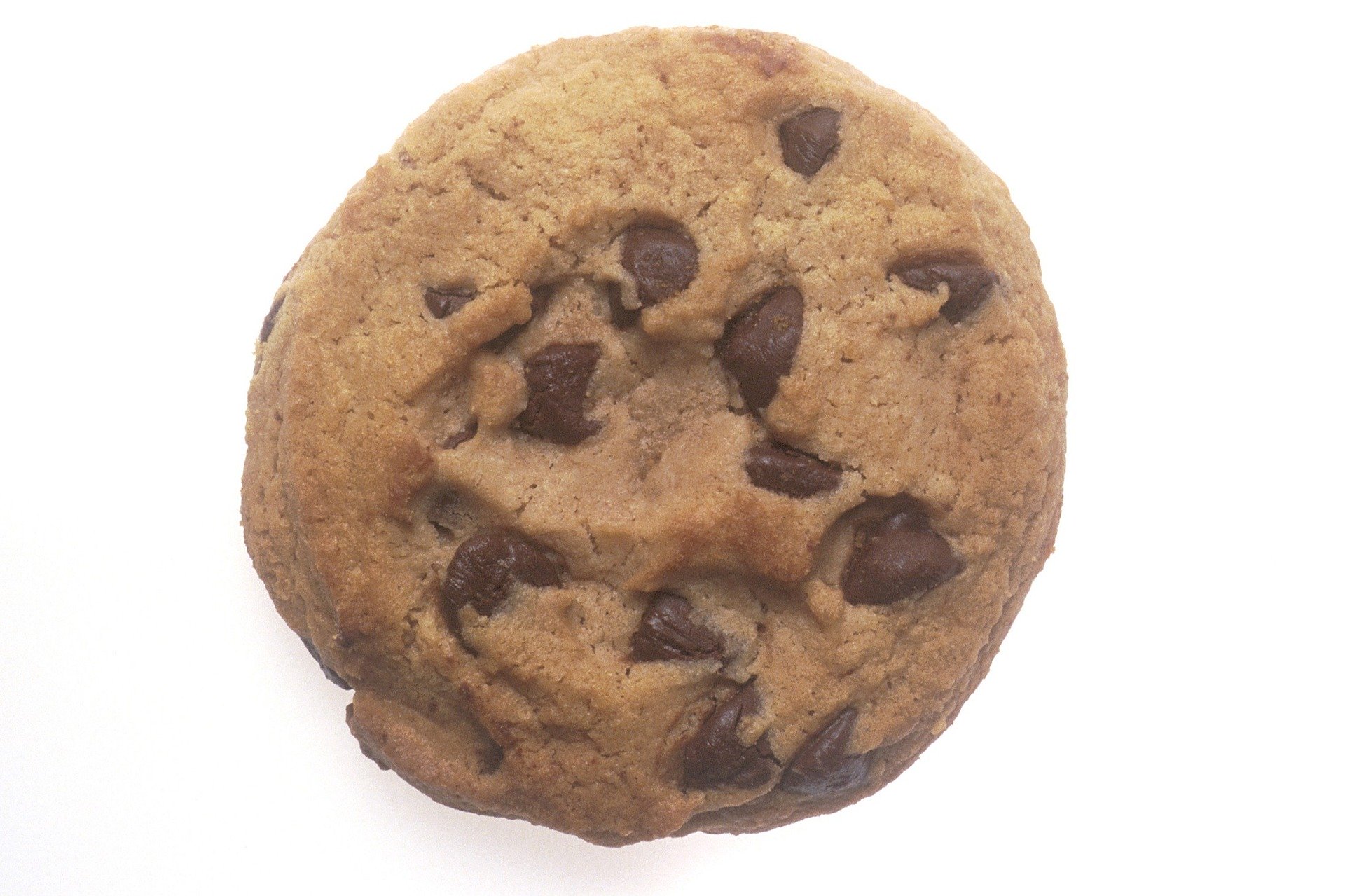 even delighted. Research ace Ted Ruscitti calls these “chocolate chips” – the little delights that get sprinkled in that make people smile.
even delighted. Research ace Ted Ruscitti calls these “chocolate chips” – the little delights that get sprinkled in that make people smile.
My intent is not to create Nielsen blasphemy, or for you to think the pandemic has caused me to lose my programming compass. But we’re dealing with audiences that are very scared and increasingly, very bored.
As the saying goes, they have not been living their best lives so far in 2020. Part of what we’re supposed to do on the radio is entertain them, not serve up the same dog food day in and day out.
Back in 2012, marketer, strategist, and investor, Guy Kawasaki 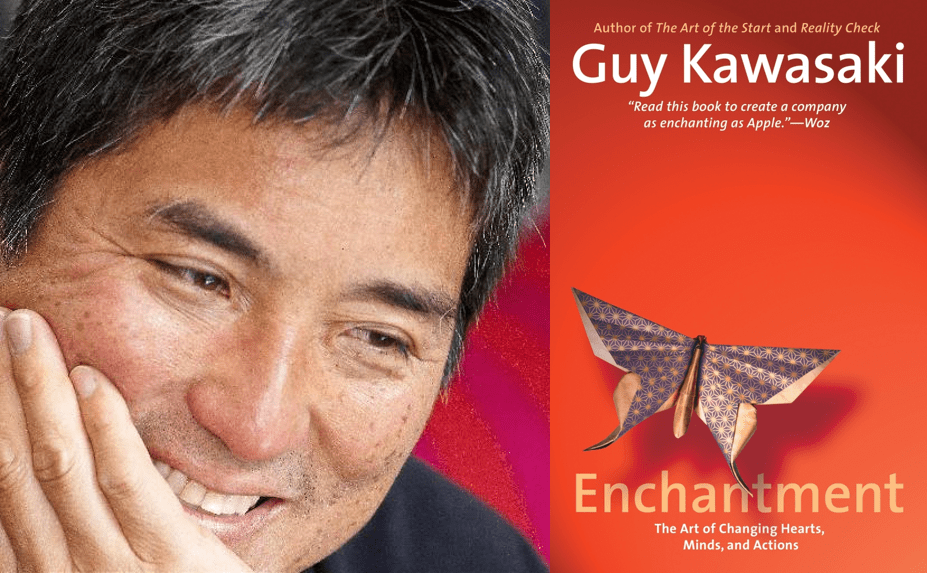 wrote a book titled “Enchantment.” The idea was that any brand could delight its customers by making smart, thoughtful, timely moves.
wrote a book titled “Enchantment.” The idea was that any brand could delight its customers by making smart, thoughtful, timely moves.
Guy defined enchantment this way:
“It transforms situations and relationships. It converts hostility into civility and civility into affinity. It changes skeptics and cynics into believers and the undecided into the loyal.”
And any brand can enchant its audience by understanding their mindset, and then giving them something just a little out of the ordinary. A chocolate chip or two.
Here in the programming department, that’s historically been known as “special programming.”
Now prior to the PPM revolution, many radio stations may have been too dependent on special programs, features, and syndicated programming. This content usually dominated the weekends, and often broke up tje continuity of listening during the week, as many stations sounded herky-jerky, regularly stopping down to introduce yet another feature or programming benchmark. Too often, the ebb and flow of many music stations were broken up yet another feature.
Metered measurement introduced us to the idea of minute-by-minute programming – that every little deviation from the norm could hurt a station’s weekly (and thus, monthly) ratings. And so the purge of special programming commenced, a pursuit that accelerated over the first ten years of PPM.
It left many radio stations sounding clean, well-executed and focused, but at times, sanitized, antiseptic, and…well, boring. Some may argue this philosophy has been a catalyst to drive (former) broadcast radio listeners to competitors like podcasts, satellite radio, and streaming radio services.
In the first 100 days of COVID-19 lockdowns, some interesting listening patterns emerged. Some people – especially those without working radios at home – weren’t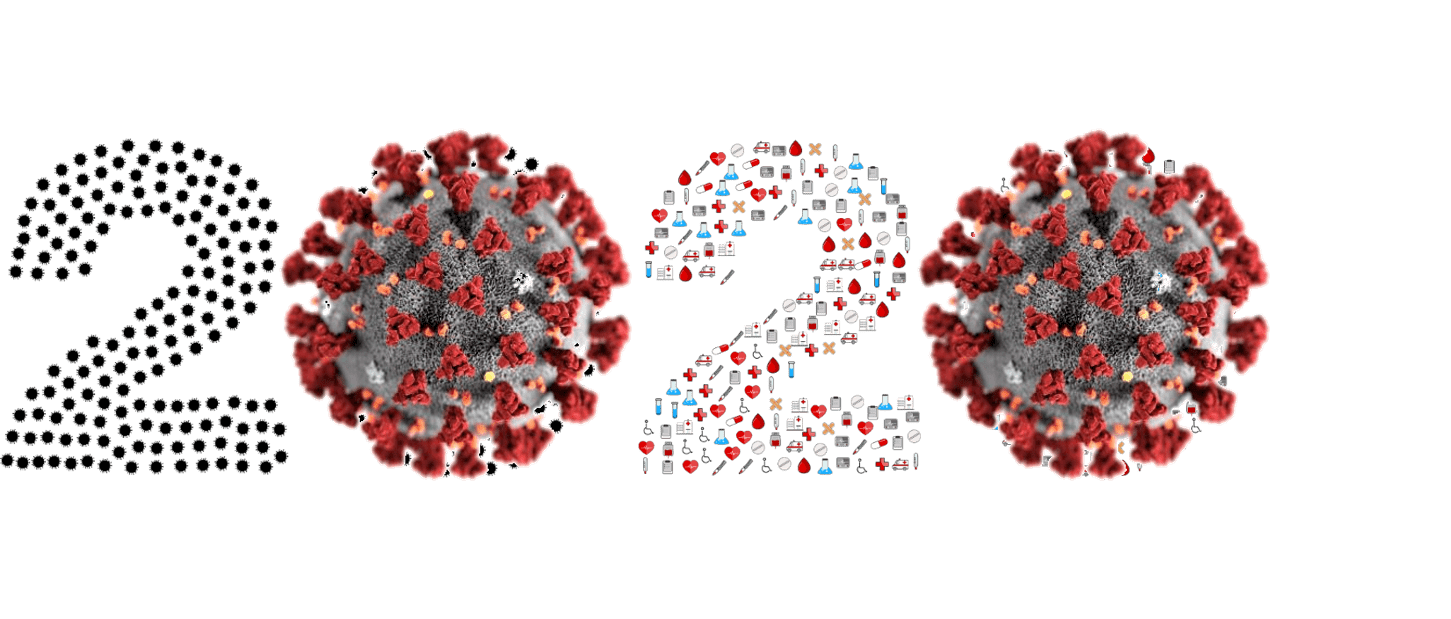 listening nearly as much as usual. They may have lost their jobs or found themselves working from home, thus all but eliminating or shrinking the all-important commute time so critical to radio. This explained the heavy cume losses during the end of March and throughout April.
listening nearly as much as usual. They may have lost their jobs or found themselves working from home, thus all but eliminating or shrinking the all-important commute time so critical to radio. This explained the heavy cume losses during the end of March and throughout April.
But some – especially station P1s – ended up actually listening to more radio since the pandemic began, often choosing their favorite station for comfort, companionship, and escape. They tuned in while working from home, either on “regular radios” or on devices like smartphones, tablets, laptops, smart speakers and even wireless speaker systems such as Sonos.
How many music radio stations are designed for this type of multi-hour, intensive listening? And as consumers have become increasingly bored, given the lack of leisure activities, being cooped up, and facing the same old choices on video streaming channels, many radio stations may be contributing to that ho-hum attitude. I’ve certainly felt that on Netflix in recent weeks, as it seems the programming adds have dwindled, leaving subscribers with tired movies, worn documentaries, and subtitled TV series.
TV networks like NBC and CBS are announcing a limited number of new shows for the fall. But those schedules are dependent on studios firing back up this summer.
Without saying as much, many television and streaming video platforms seem like they’ve quietly reached the conclusion 2020 is all but over. It’s been a horrendous year, and many may simply try to “rope-a-dope” their way through until the end of the year and/or a vaccine is developed that hopefully saves the day. We’re going to see a lot of reruns, “classics,” and other repackages. They’re running out the clock, hoping audiences don’t notice just how repetitive, dull, and stale their content has become.
But broadcast radio doesn’t have to play by those rules. Creating radio content simply isn’t as hard, time or staff-intensive.
We are seeing signs that many stations have been especially active these past few weeks on the special programming front. I’ve been encouraged to see many “faux concert” festivals created to replace the real things – events from SXSW, Coachella, Lollapalooza, and others that have been cancelled because of COVID-19.
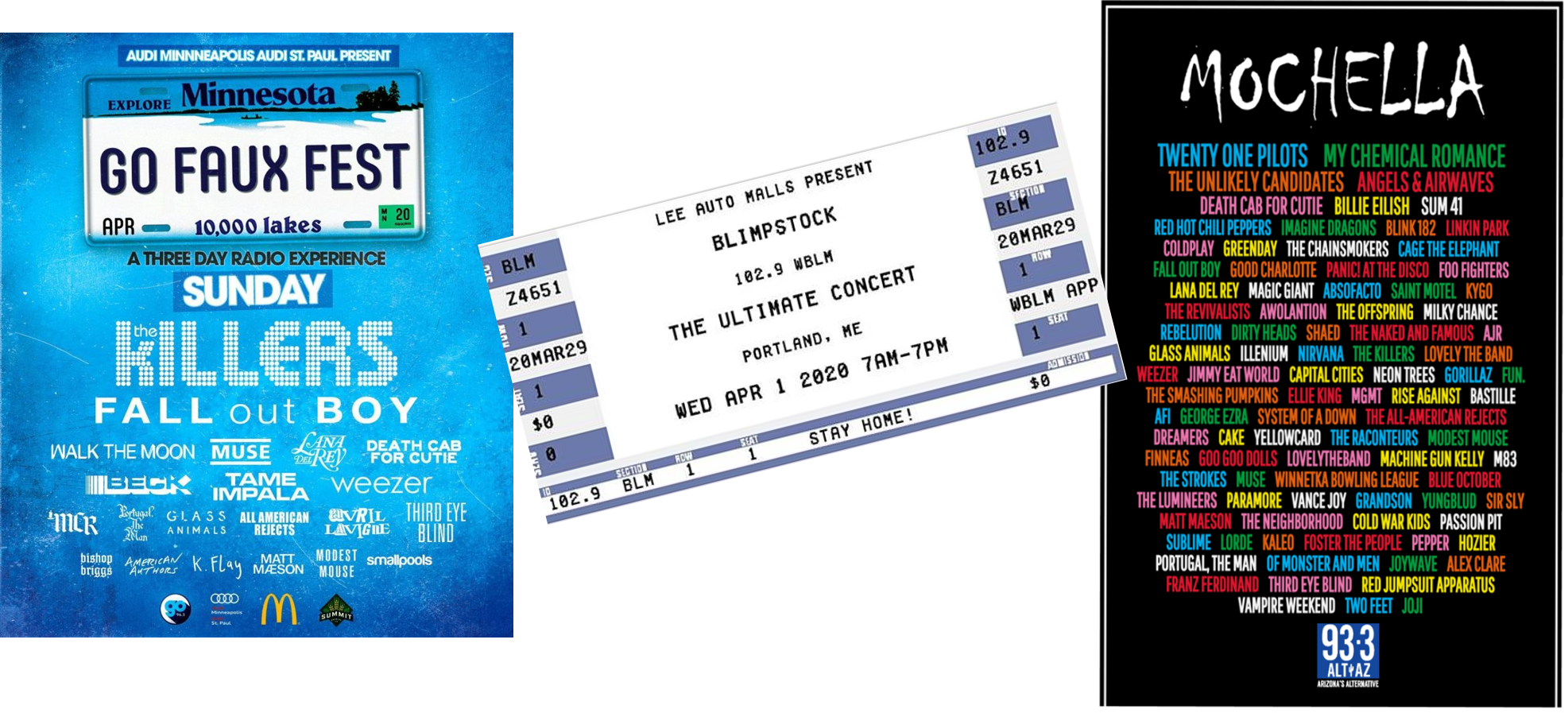
These fake festivals have proved to be entertaining and popular, attracting sponsorship dollars and appreciation from station audiences. As we head into the July 4th holiday, how can special programming create moments of joy for station fans looking for a soundtrack for a holiday weekend unlike most others?
And based on what we’ve seen at many stations, advertisers are looking for that “special something” to sponsor and draw attention to themselves.
At Jacobs Media, we are re-examining our approach to special programming, dusting off and modernizing some of our “old tricks,” while hopefully, coming up with new programming and features designed to delight, entertain, and charm as audiences do their best to stay occupied and engaged.
Tomorrow, we’ll take a look at research during the pandemic – what you can do without a budget – to keep pace with the changing attitudes, perceptions, and priorities of your audience.
Until then, hope you enjoy the halftime show.
Let’s hope the second half of 2020 signals radio’s turnaround.
- Media And Technology In 2025: Believe It Or Not! - April 18, 2025
- In Radio, You Just Never Know - April 17, 2025
- The Secret To Making A Great Podcast (And Great Radio) - April 16, 2025




Prescient as usual, Fred. So, with the benefit of two years’ 20/20 hindsight, whom would you call out as winners for taking your sage advice to heart (and practice)?
John, I’m not going down that rabbit hole!
Actually, it’s a mixed bag and I often don’t get to know or find out who read what, and which posts were taken seriously. I do know certain posts are sent to certain company’s management teams, programmers, sellers, and staffers, but I’m not always told when that happens.
I’m good with the idea that some posts resonate, while others don’t. Not every one of them is worthy TBH. I’m fine with knowing that some hit their mark. I often find out after the fact a post was distributed within companies or groups. That’s always an honor and a compliment.
Thanks for the good halftime show, Fred. Hope everyone has a good fourth. And a good third, for that matter.
Hope yours is special, David.